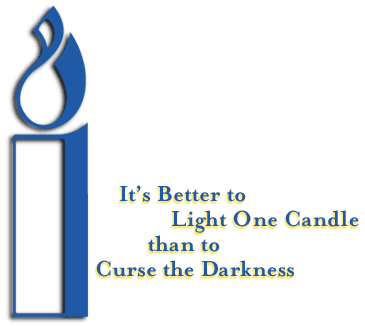Tony Rossi, Director of Communications
U.S. Voyage of Mercy to Save Ireland
July 5, 2020
Many people are nominally familiar with the Irish Potato Famine of 1846-1847 and the
devastation it caused to the people of Ireland. But there are a lot of details to that
story that you may not have heard of. For instance, there was a heroic Irish priest who
tirelessly served those who were suffering. And in the United States, an unprecedented
effort was made to save the Irish from starvation. Author Stephen Puleo shares this
largely forgotten bit of history in his book, “Voyage of Mercy,” and we discussed it on “Christopher Closeup.”
When a blight destroyed Ireland’s potato crop, mass starvation ensued, with a million people dying and another million emigrating to other countries. Considered a part of the United Kingdom at the time, Ireland sought help from the British government. Their response, says Puleo, “was a mixture of incompetence, indifference, impotence, ineptness, benign neglect, and anti-Catholicism.” In fact, British official Charles Trevelyan said he believed the famine was sent by God “to teach the Irish a lesson, and it must not be too much mitigated.”
On the other hand, a hero emerged in Father Theobald Mathew. Puleo says, “Father Mathew had a reverence for poverty…He helped the Irish people during cholera, typhus, diseases. He worked in fever sheds and in hospitals…He would listen to the poor folks’ confessions at 5:00am before they went into the fields, and as late as 11:00pm when they returned from work…When the famine hits, he resumes that kind of effort. He works hands-on with starving Irish people, helping them with food. He allows people to stay in his home, contributes his own money, helps bury the dead, ministers to the sick. He’s one of these priests who the hierarchy doesn’t care for so much. He’s too ecumenical. He helps everybody of all kinds of religions, whether they actually go to Mass or not. He’s that kind of a priest and a real heroic character.”
Meanwhile, the Irish escaping the famine were landing on America’s shores with stories of the devastation being experienced back home. In February 1847, President Polk, Congress, and leading government officials rallied Americans to contribute food to Ireland that would be shipped over on the USS Jamestown, a warship that was redesignated into a ship of mercy. Though the Irish already living in the U.S. immediately expressed a willingness to help, so did many other groups.
“Many of the people who contributed to the Irish effort were poor,” explains Puleo. “They were simple farmers. Children in orphanages contributed. People who were members of slave churches in the South contributed. Every walk of life, every occupation, every geographic region contributed to this effort…There was a sense that we were a country of abundance and plenty…and that we had an obligation to help others. In the midst of all this, too, is this religious revival in different areas, like prison reform, mental health, the abolitionist movement…And so it all comes together in this perfect storm of assistance.”
The U.S. efforts were also notable because the way that countries had previously interacted involved either war or trade. “This notion that you would help the people of another country for purely altruistic reasons on a widespread scale was just not heard of,” says Puleo. “So when the American response begins with the Jamestown voyage and continues over the next 16 months, where 150 ships from the United States of America, loaded with food are sent to Ireland, it’s an amazing effort on an unparalleled scale.”
For free copies of the Christopher News Note HOW GOD CAN LIGHT YOUR WAY, write: The Christophers, 5 Hanover Square, New York, NY 10004; or e-mail: mail@christophers.org

